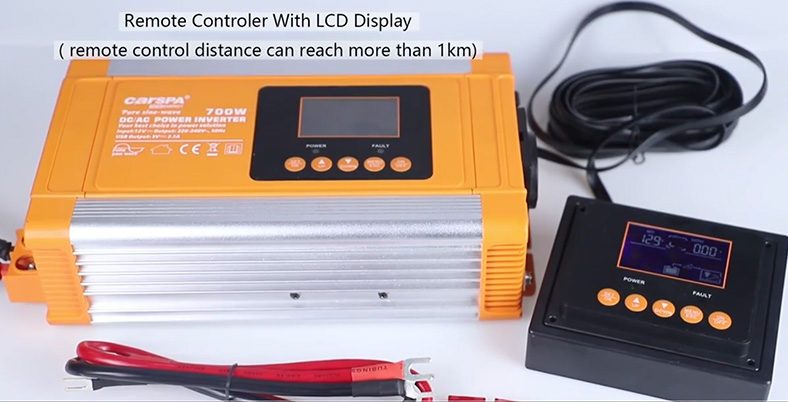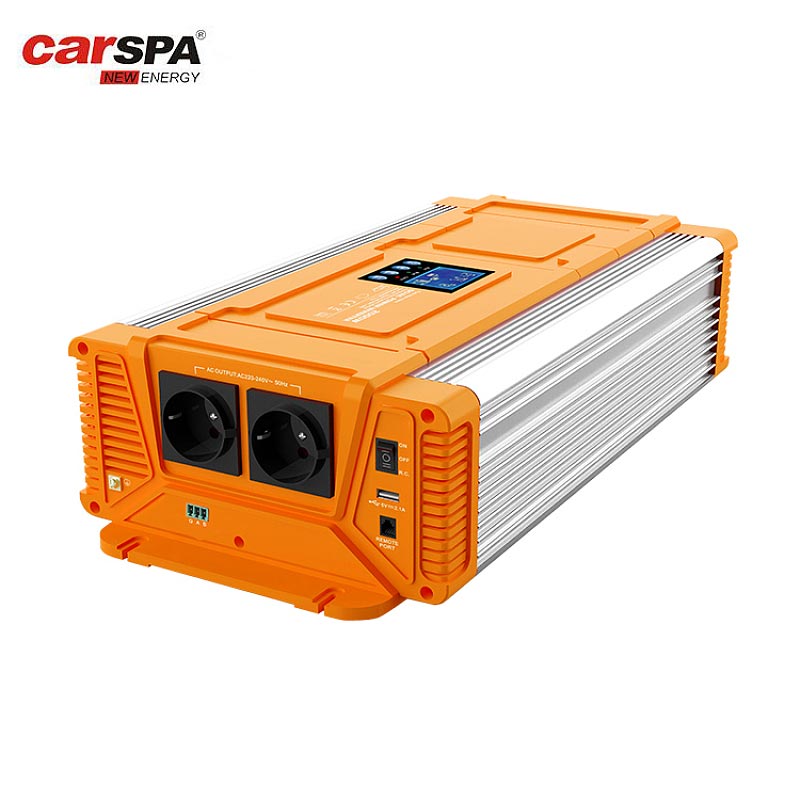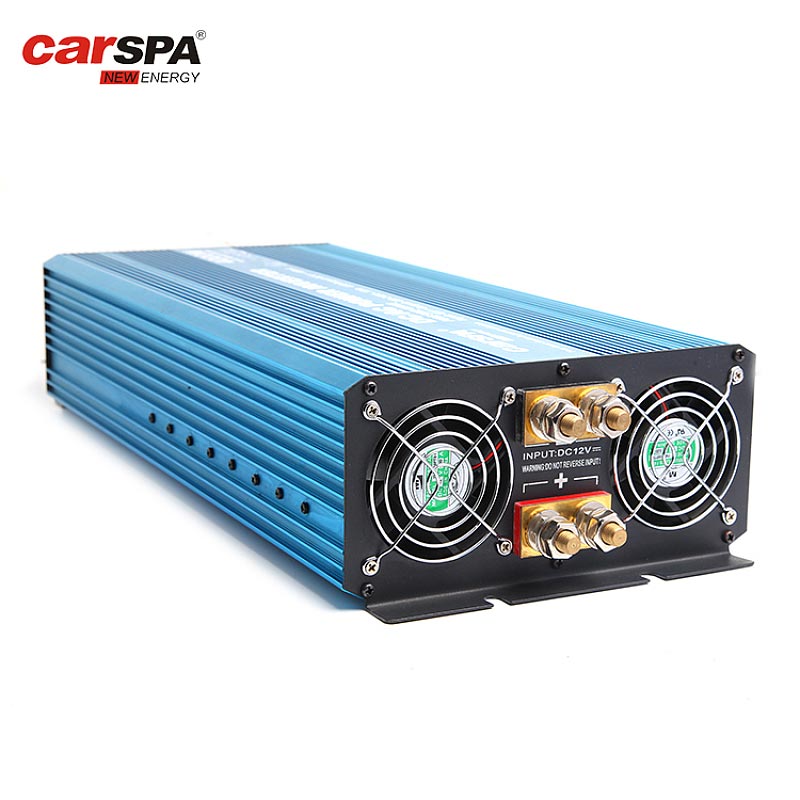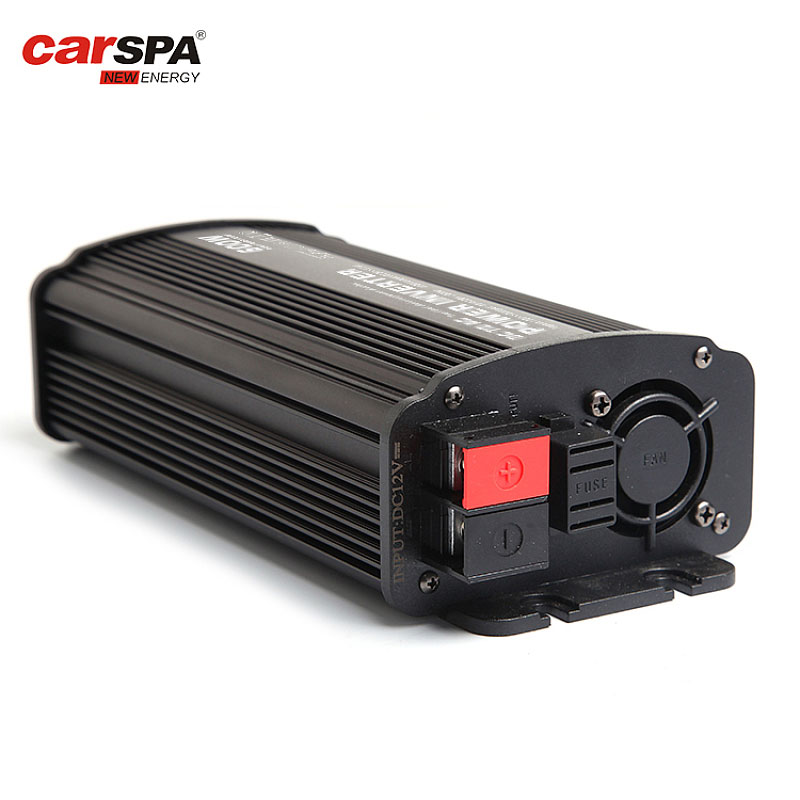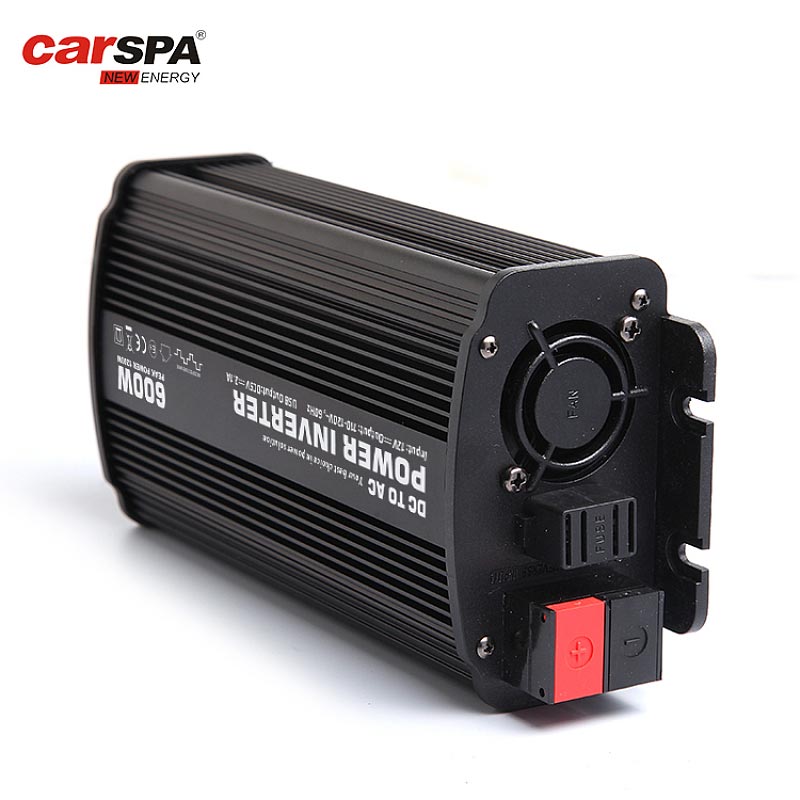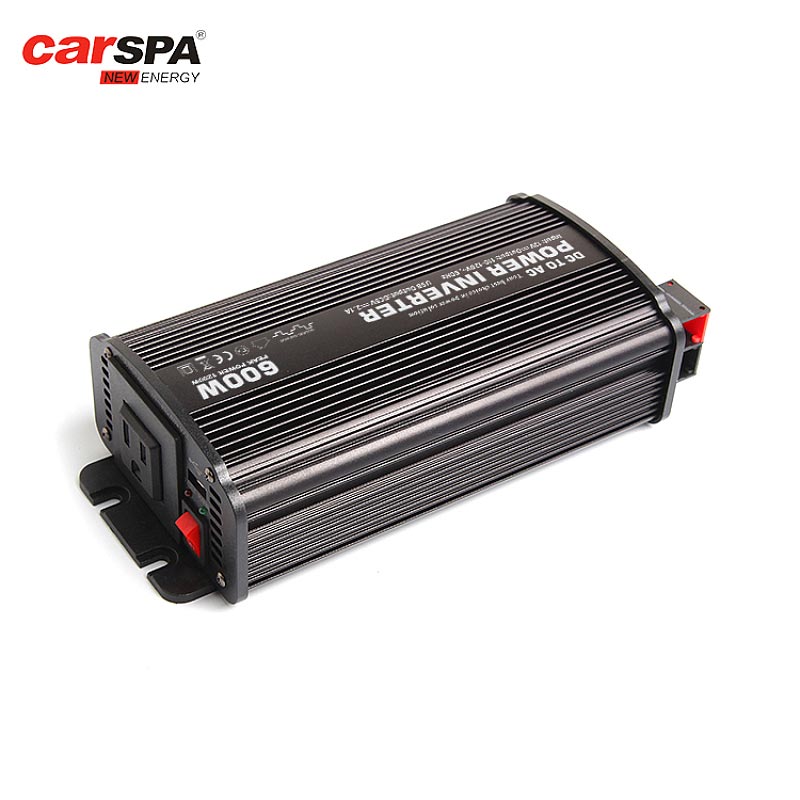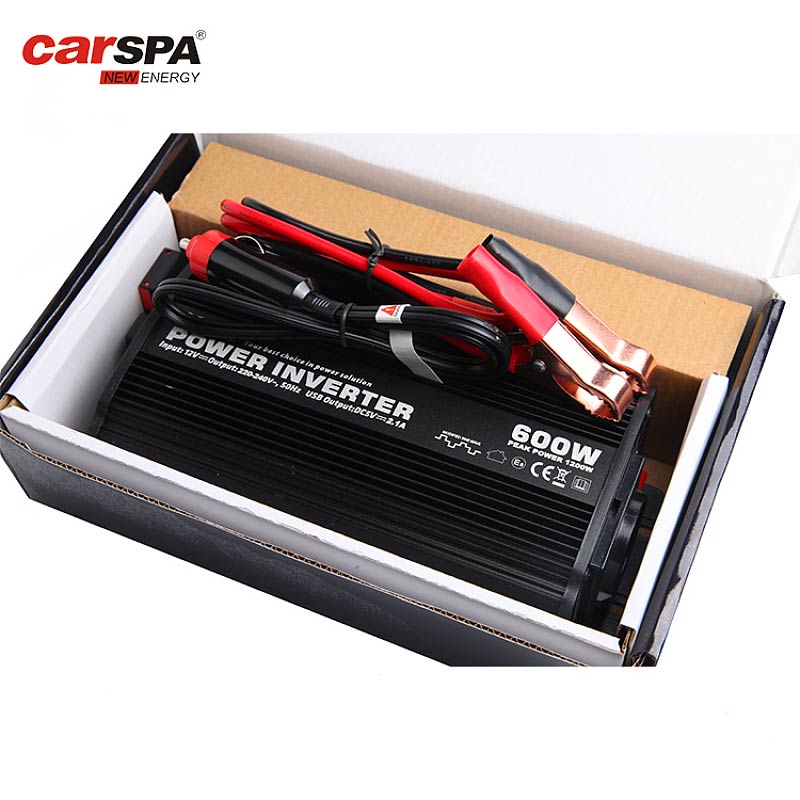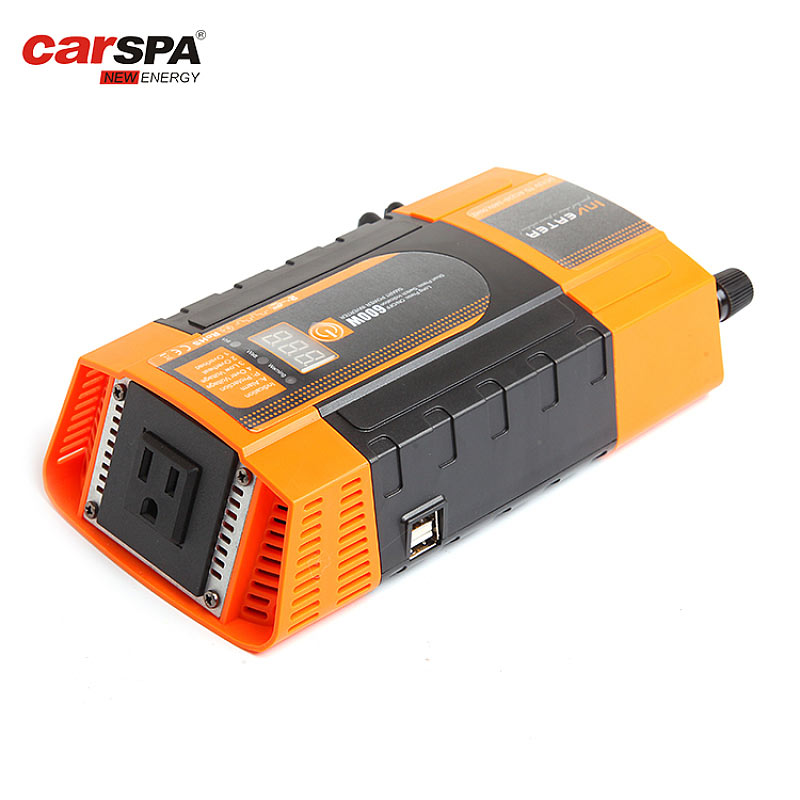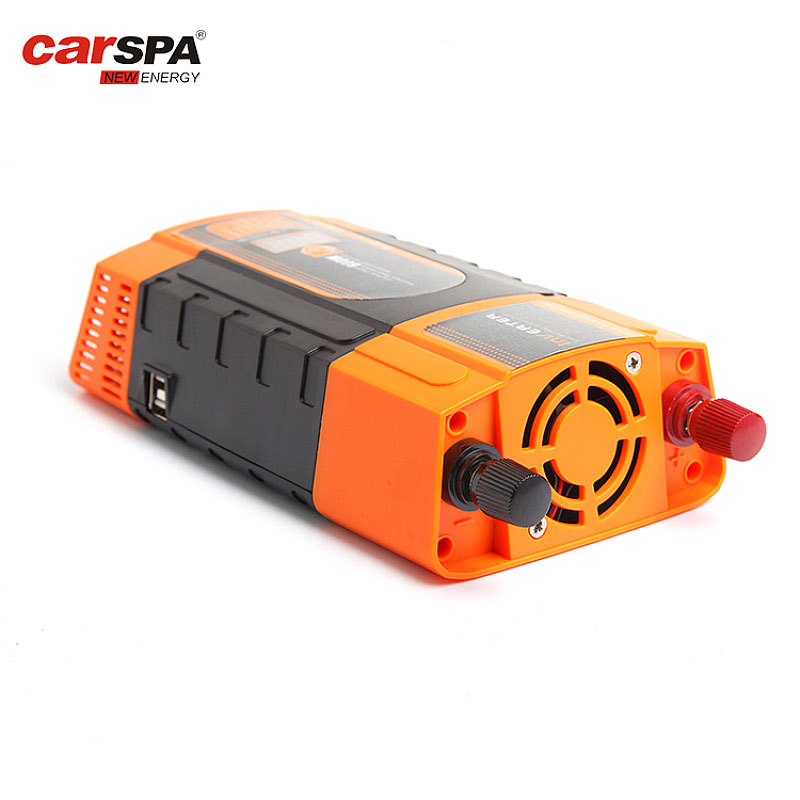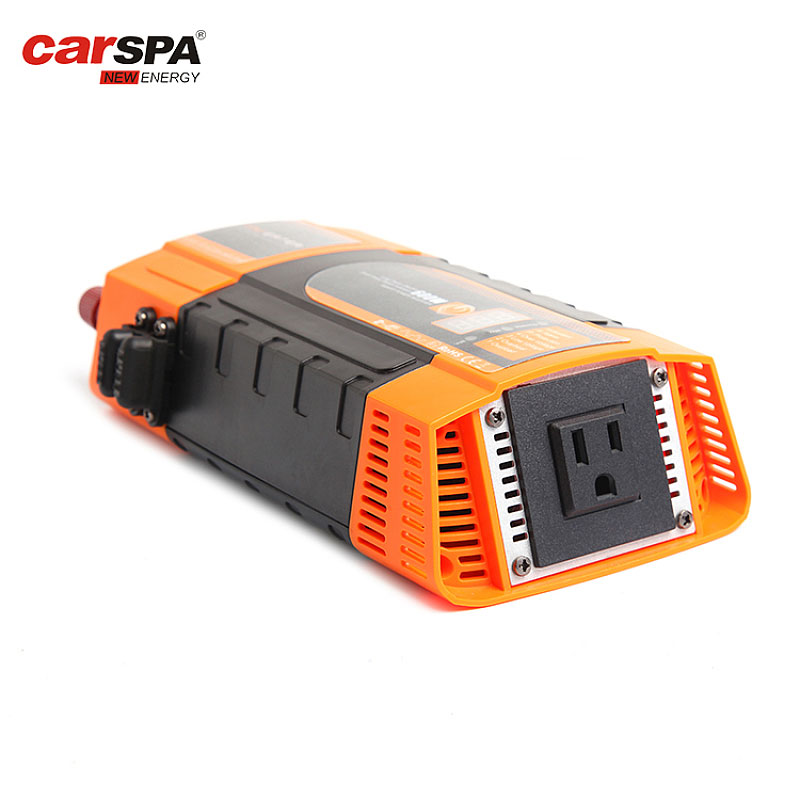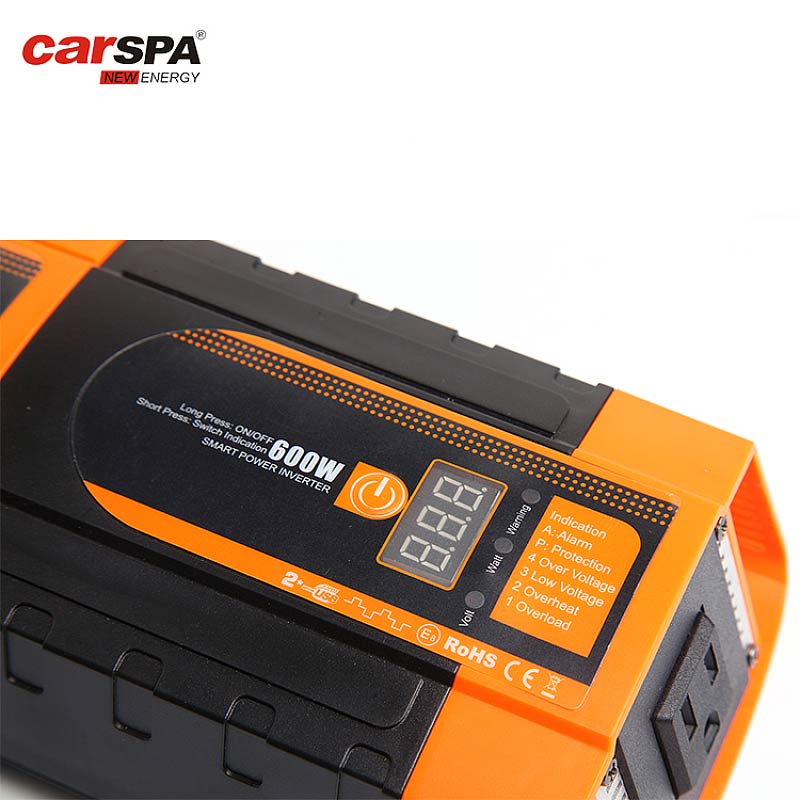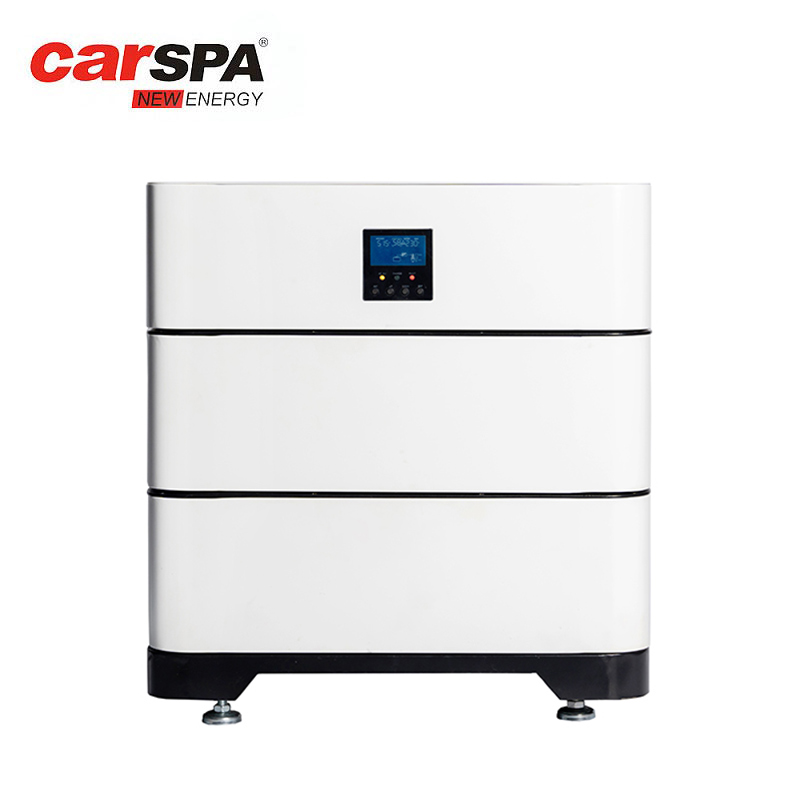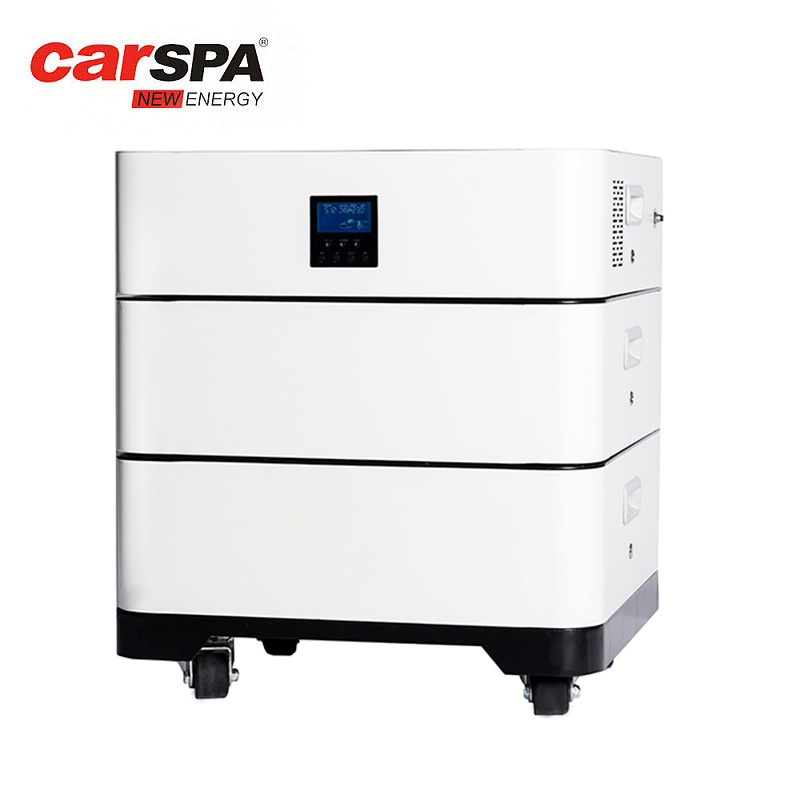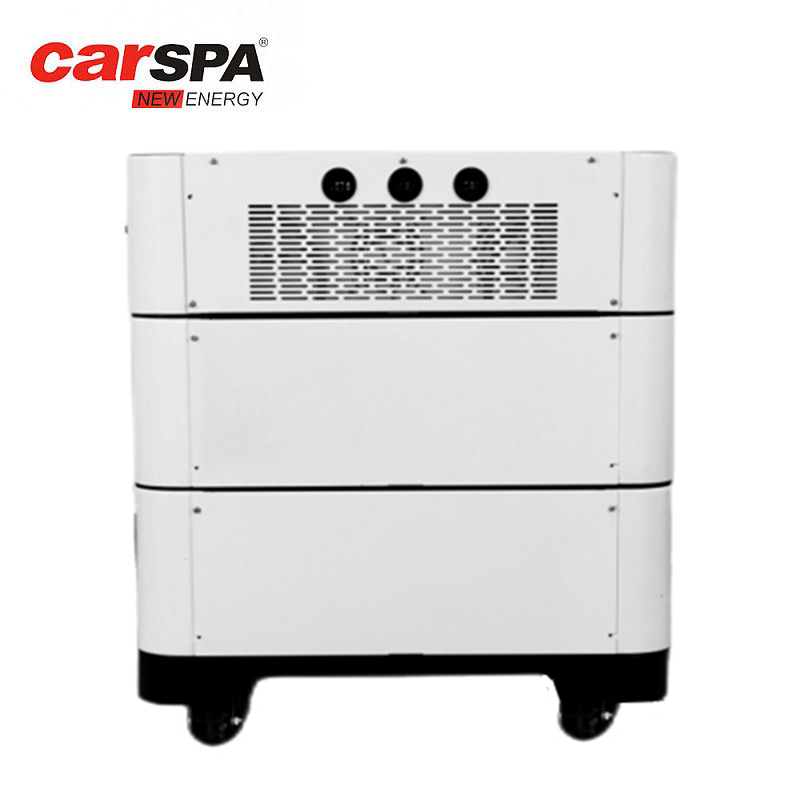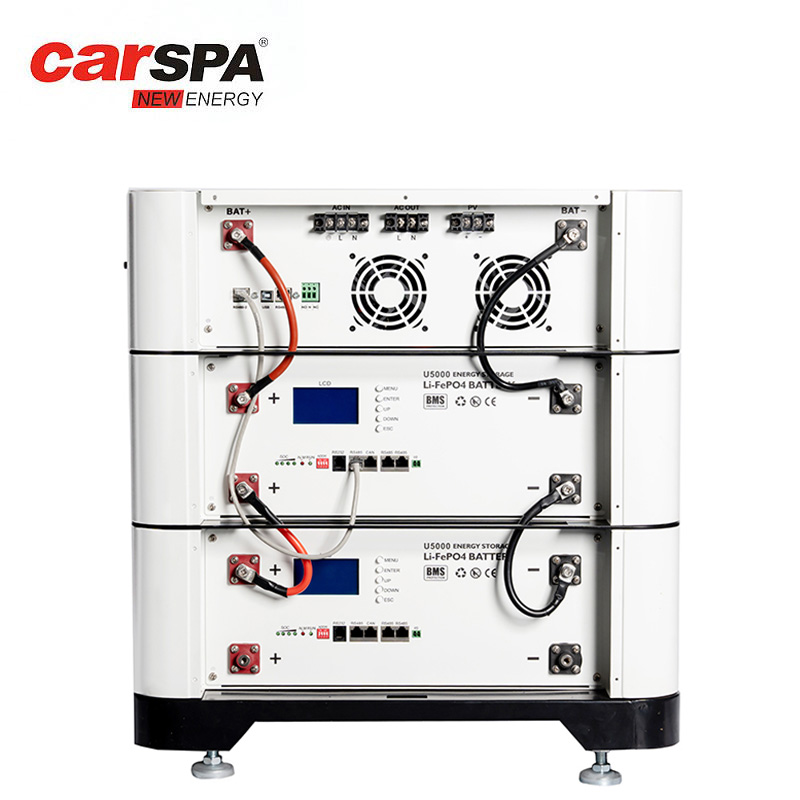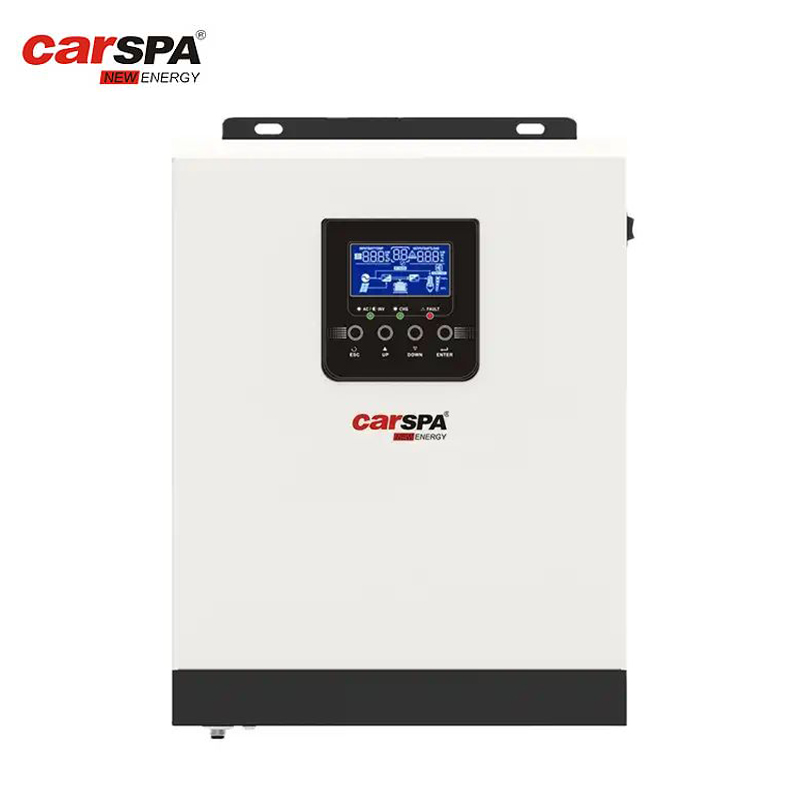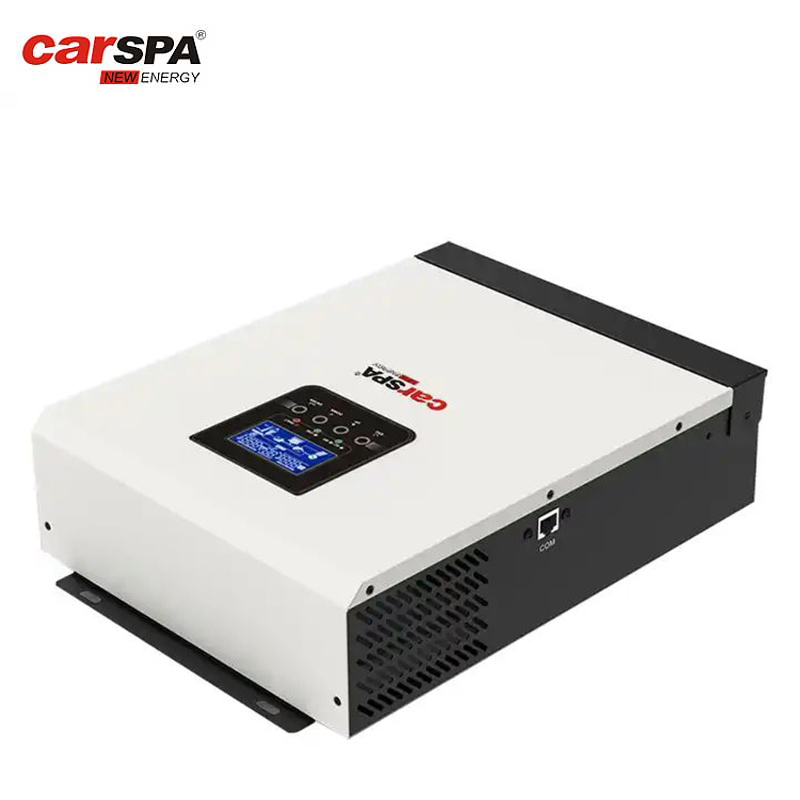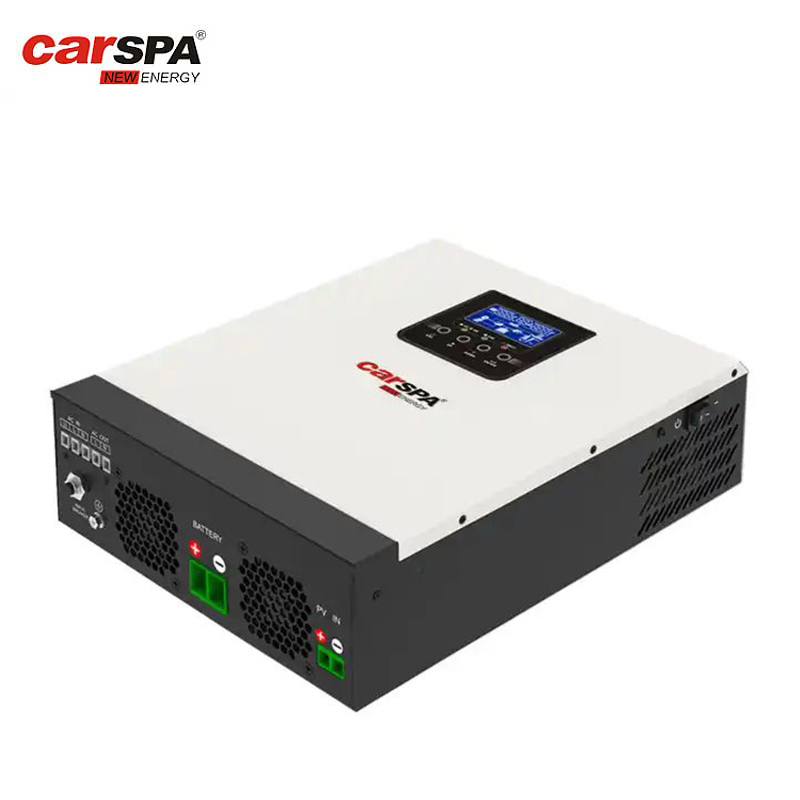Unraveling the Challenges: Why Can't We Store Electricity?
Electricity is an integral part of our daily lives, powering our homes, businesses, and industries. However, one pressing challenge that remains is the limited ability to store electricity efficiently. While we have made remarkable strides in generating and transmitting electricity, the ability to store it reliably for later use remains a complex and elusive goal. This article delves into the question: "Why can't we store electricity?" by exploring the technical and practical challenges associated with electricity storage and highlighting ongoing research and potential solutions.

Intermittency and Demand Variability:
Electricity generation is often subject to intermittent sources such as renewable energy, including solar and wind power. These sources depend on external factors like weather conditions, resulting in variable power output. Simultaneously, electricity demand fluctuates throughout the day, with peak periods requiring higher supply. Balancing the intermittent nature of electricity generation with the variable demand poses a significant challenge for storage systems. The ability to store electricity is crucial to bridge the gap between generation and demand, ensuring a reliable and stable power supply.
Efficiency and Losses:
Storing electricity involves converting electrical energy into a different form, such as chemical, thermal, or potential energy, for later reconversion back into electricity. These energy conversions inevitably result in energy losses, reducing the overall efficiency of the storage process. Transforming electricity into a storable form and then retrieving it back into electrical energy can result in significant losses along the way. Improving the efficiency of energy storage systems is an ongoing focus of research and development to minimize energy losses and optimize the overall performance of storage technologies.
Technological Limitations:
Current energy storage technologies face limitations in terms of capacity, scalability, and cost-effectiveness. Batteries, the most commonly used storage technology, have improved significantly but still have limited energy storage capacity and can be expensive, particularly for large-scale applications. Other storage methods, such as pumped hydroelectric storage or compressed air energy storage, have geographical and infrastructure constraints. Developing innovative storage technologies with higher energy density, longer cycle life, faster response times, and lower costs is essential to overcome these limitations and enable efficient electricity storage.
Grid Integration and Infrastructure:
Integrating energy storage systems into existing power grids and infrastructure poses another challenge. Implementing large-scale storage solutions requires grid modifications, including suitable connection points, control systems, and management strategies. Coordinating and balancing the operation of multiple storage systems within a grid network can be complex, necessitating sophisticated control algorithms and grid management techniques. Ensuring the seamless integration of storage technologies with the existing grid infrastructure is crucial for widespread adoption and effective utilization of stored electricity.
Conclusion:
The inability to store electricity efficiently remains a significant challenge in the quest for a reliable and sustainable energy system. Intermittency of renewable energy sources, efficiency losses during energy conversion, technological limitations, and grid integration issues are among the key hurdles in electricity storage. However, ongoing research and development efforts are focused on addressing these challenges and unlocking the potential of energy storage. Breakthroughs in battery technology, advancements in alternative storage methods, and grid modernization initiatives offer hope for a future where electricity storage becomes more efficient, affordable, and accessible. Overcoming these obstacles will pave the way for a resilient and flexible energy system that can reliably store electricity and meet our evolving energy needs.


